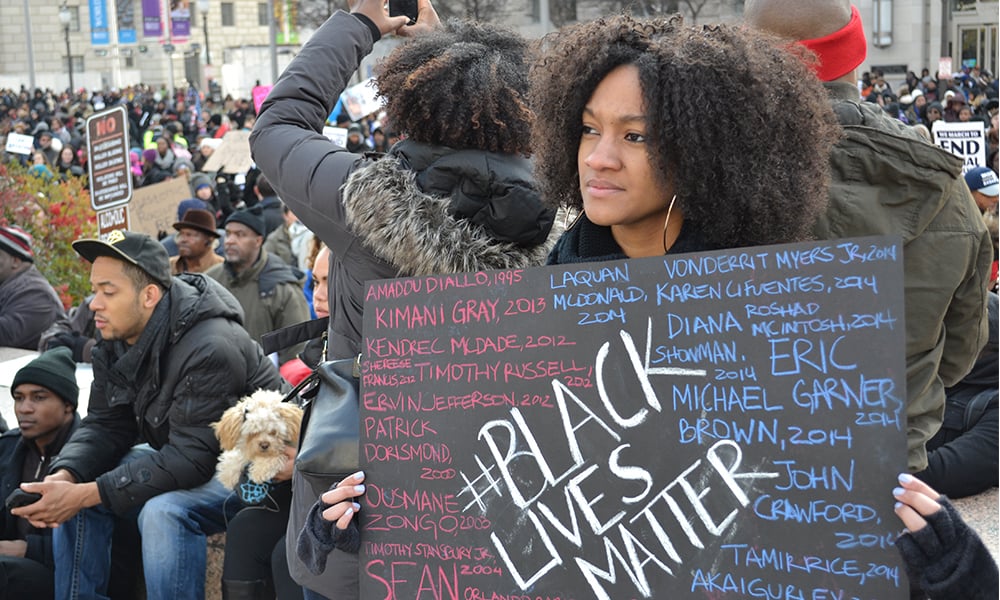Online posts around George Floyd death closely watched by employers

The days when social media was a free-for-all are long gone. I’m not sure they ever truly existed but heightened sensitivities around issues such as racism or harassment continue to see people toppled from their posts after expressing themselves online.
And with the death of George Floyd and the subsequent outcry, just a quick glance at the headlines today shows the continuing trend:
- “CrossFit CEO steps down following outcry over Floyd tweet”
- “TV announcer fired after responding to NBA star's tweet about Black Lives Matter”
- “'The Flash' Star Hartley Sawyer Fired Over Racist, Misogynist tweets”
- “New Jersey corrections officer suspended; FedEx employee fired after mocking George Floyd death”
It is amazing to me that people still think they are immune from backlash, such as job loss or discipline, when making distasteful or hateful proclamations online. While there may be some tweets or posts that are open to interpretation, for the most part, organizations are taking no chances when it comes to employees making controversial, if not offensive, statements online that can be linked back to their employer.
We have certainly covered this extensively in our content.
As our esteemed and regular contributor Stuart Rudner said back in 2014, “Employees must remember that our private lives are becoming less private every day. What you do on your own time can be used against you. And online conduct is nearly impossible to take back or delete.”
Earlier this year, I spoke with several experts on the topic. Richard Johnson, a partner at Kent Employment Law in Vancouver, put part of the blame on a certain U.S. president.
“With [Donald] Trump, I think that it’s telegraphing a bad message because he’s not getting in trouble for his texts,” he said. “A lot of people are growing up in a day and age where they see egregious things being sent out by world leaders, or a particular world leader, and they think it’s OK and that there’s no repercussions.”
There are fundamental misconceptions, said Isabelle Keeler, an associate at Cox & Palmer in Charlottetown.
“Employees have this assumption that because it’s off duty on their own private time, they can’t be disciplined by the employer as a result of their social media use,” she says. “It does bleed into the other side [too] where employers feel like ‘Oh, because it’s on the employee’s own private time, there’s nothing we can do about it.’'
Back in 2017, another regular contributor for Canadian Employment Law Today, further laid out the rules:
“Social media feeds are not protected by privacy legislation, so online posts that affect the employer or its employees are fair game for discipline. The level of appropriate discipline will depend on the facts of each case, including the post itself, the extent to which it is related to the workplace, and any relevant company policies. That being said, courts and tribunals have shown a general interest in upholding an employer’s right to discipline for an employee’s misuse of social media.”
While opinions are still allowed, when it comes to highly topical and highly sensitive topics such as police brutality or systemic racism, there’s not much leeway. And by 2020, most employees should know their views and ruminations can reflect back on their employer — and their employer is watching.




